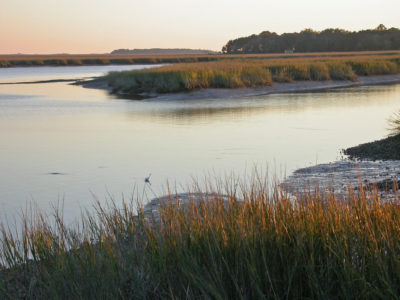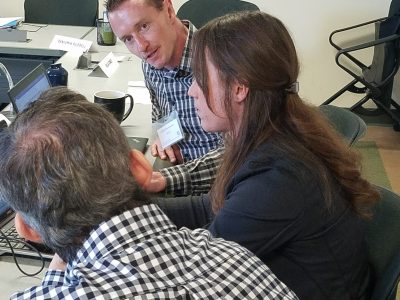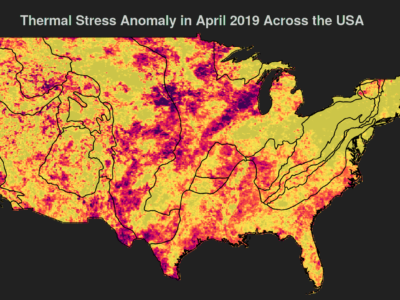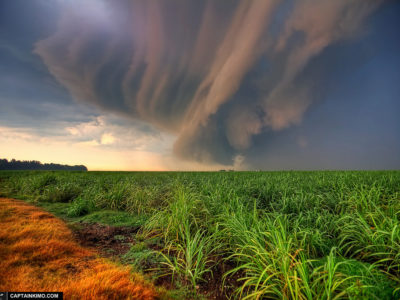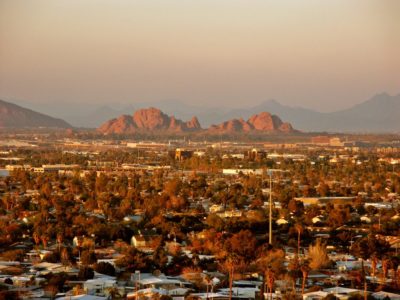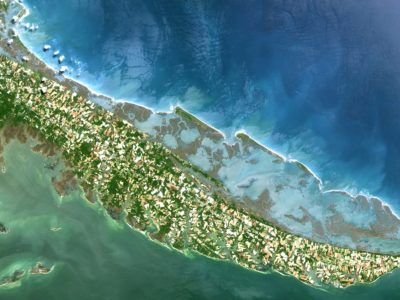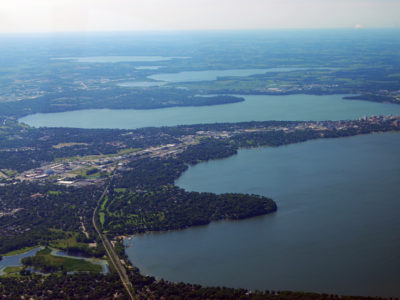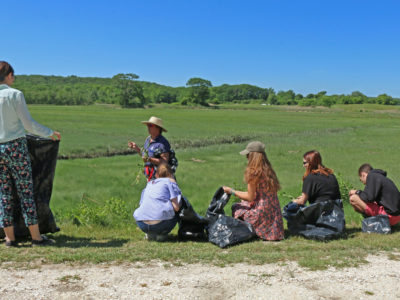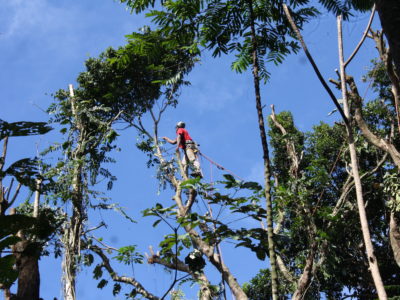Thinking about long-term futures to make better decisions today
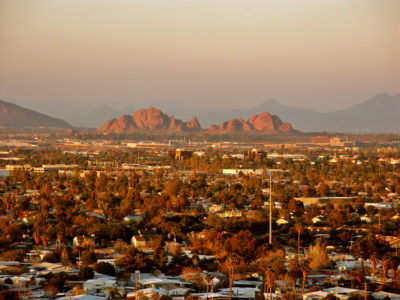
Credit: CAP-LTER. CC BY-SA 4.0 Anticipating the needs of cities in the future is a key aspect of urban sustainability. One approach to planning for sustainable cities is for researchers and practitioners to work together to develop scenarios that benefit communities as well as ecosystems. Central Arizona Phoenix LTER (CAP LTER) is taking an innovative approach… Read more »

